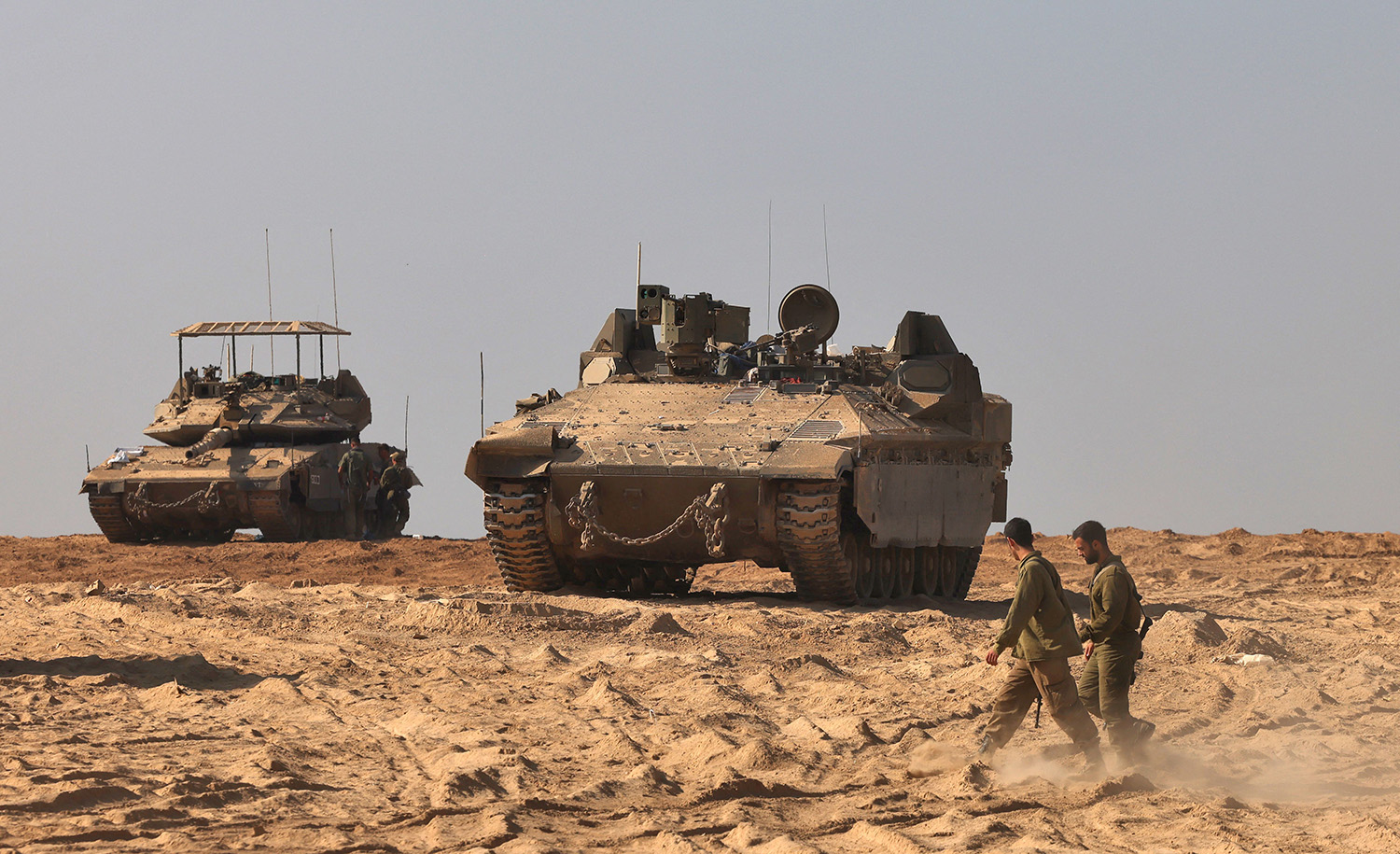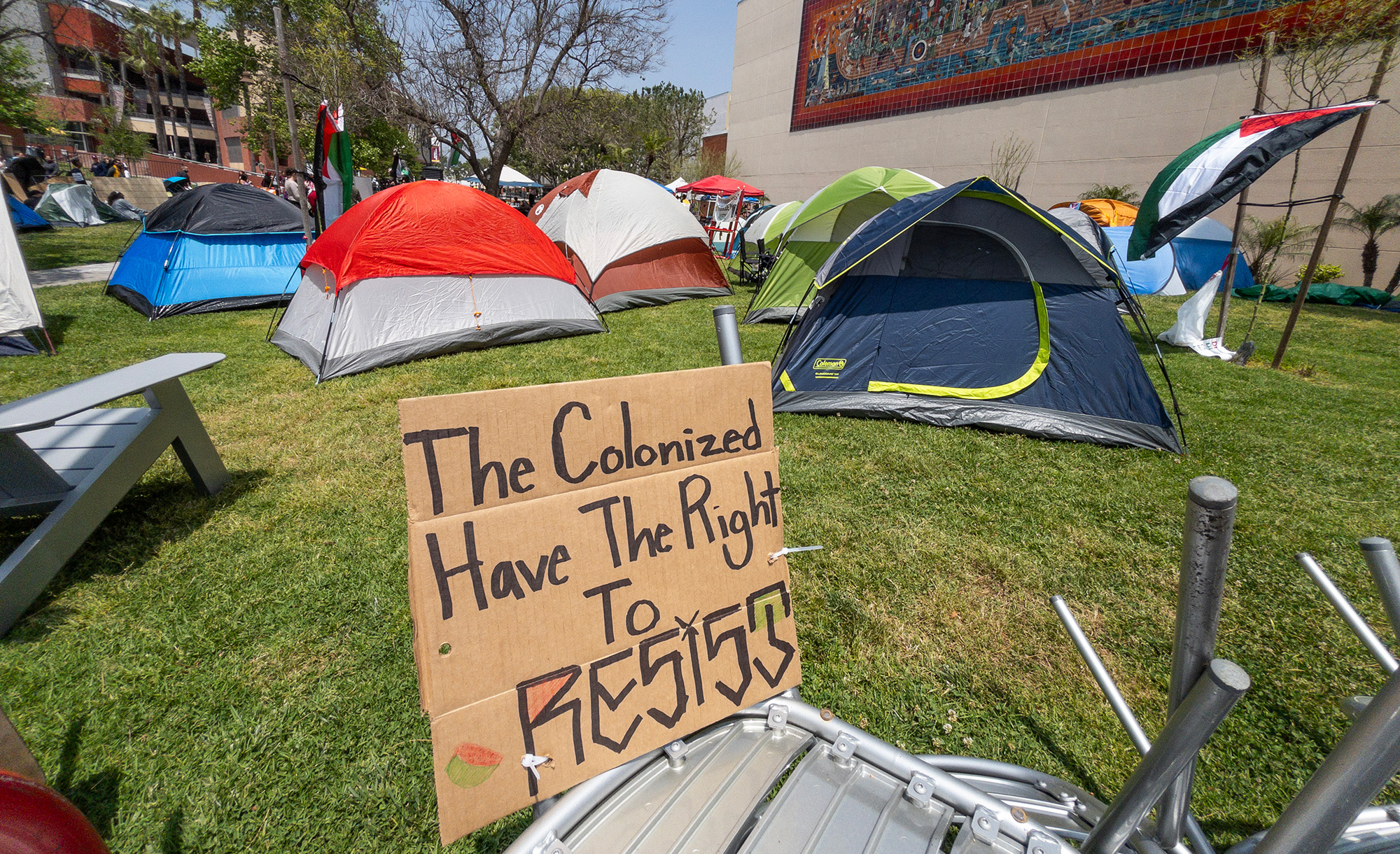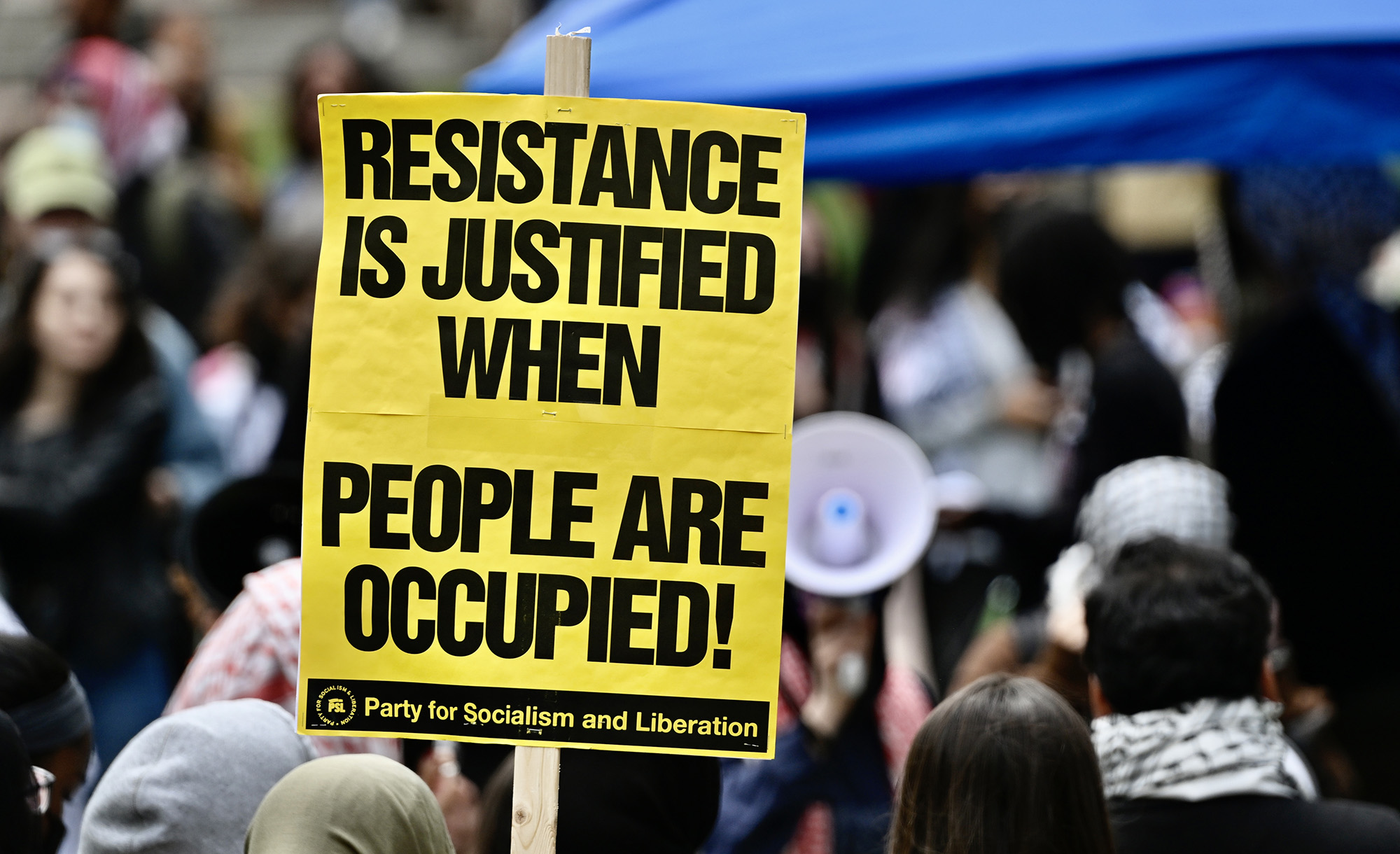The war that Israel is now fighting for its security, integrity, and future as yet has no name. The official one given it at its outset, “Operation Iron Swords,” is used by almost no one and already half-forgotten, nor has anything taken its place.
This is not unusual in the history of warfare. Wars do not need agreed-upon names, or even names at all, in order to be fought, and major wars have been fought without them. What is now known to Americans as the Vietnam War was called by them at the time it took place “the war in Vietnam,” or simply “the war.” For anyone who lived through those years, “Vietnam War” has a retroactive ring.
There are wars that are called by names given them dozens or even hundreds of years later. The Wars of the Roses, a series of campaigns fought from 1455 to 1487 between two English royal houses, was first referred to by the heraldic badges of their combatants, the white rose of York and the red rose of Lancaster, following the 1829 publication of a novel by Sir Walter Scott in which these figured. We have names for wars that were not even perceived by those who experienced them as single conflicts deserving of a name. It was only in the 19th century, too, that the Hundred Years War between England and France (it actually lasted 116 years), which ended in 1453, was first called that by historians and treated as one prolonged military episode.
Or take World War I, which obviously could not have been referred to as such before the outbreak of World War II. Prior to that it was “the Great War,” or sometimes “the World War,” for all the countries that had fought in it except Russia, in which it was “the Great Patriotic War”—a term also applied to the Soviet Union’s participation in World War II. In general, the Russians have tended to identify their wars with a nationalism of their own that sets them apart from the wider engagements of which they were part. Their role in the Napoleonic wars that ended in the military debacle of Napoleon’s Russian campaign is known to them as “the Patriotic War of 1812.”
Wars have often been given different names, for political or ideological reasons, by the different sides that fought in them. “The Civil War,” a term widely used in the American North from that conflict’s inception, was rejected by the South for implying that the warring sides belonged to one country in favor of “the War Between the States.” In Europe, it was known by neither name but rather as “the War of Secession” (La Guerre de la Sécession in French, Der Sezessionskrieg in German, etc.) as a way of preserving verbal as well as diplomatic neutrality.
The same holds true for Israel’s wars with the Arab world. The Six-Day War and Yom Kippur War, both names imbued with biblical and Jewish associations, are the Arabs’ Harb el-Nakseh, (“the War of the Setback”) and Harb Ramadan or Harb Oktober, while would-be impartial sources tend to refer to them as “the 1967 Israeli-Arab War” and “the 1973 Arab-Israeli War” respectively. “The 1948 Arab-Israeli War” presents a similar case. Then-Israeli Prime Minister David Ben-Gurion wanted to call it Milḥemet ha-Kom’miyut, an expression with biblical and rabbinic resonance that might be translated as “the War of Arisenness,” but Israelis found this affected and opted for Milḥemet ha-Shiḥrur, “the War of Liberation,” or Milḥemet ha-Atsma’ut, “the War of Independence,” both of which are used interchangeably to this day. In Arabic, on the other hand, it’s Harb el-Nakbeh, “the War of the Disaster,” or Harb Filastin, “the Palestine War.”
Although Israelis have tended to reject military code names like “Operation Iron Swords” when applied to full-scale wars, for which they have seemed inappropriate, they have often adopted them for more limited actions. Mivtsa Ḥomat Magen, “Operation Defensive Wall,” the IDF’s code name for its 2002 anti-terrorist offensive that ended the second intifada, has stuck with the Israeli public, as have Mivtsa Oferet Y’tsukah, “Operation Cast Lead,” and Mivtsa Tsuk Etan, “Operation Firm Rock,” used for the 2008 and 2014 incursions into Gaza. On the other hand, 1956’s Mivtsa Kadesh, “Operation Kadesh” and 1982’s Mivtza Shlom ha-Galil,” “Operation Peace of Galilee” eventually yielded to Milḥemet Sinai, “the Sinai War,” and Milḥemet L’vanon ha-Rishonah, “the First Lebanon War.”
And the current war? At the moment, most Israelis are just calling it ha-milḥamah, “the war,” as Americans did during the fighting in Vietnam, and as many peoples do when the war they are fighting is the only war they can think of. Perhaps it will one day be called “the Gaza War,” or “the War against Hamas.” Or else an attempt may be made to find a more literary or Jewish name for it. In the Israeli media these days, the Saturday of October 7 is frequently referred to as ha-shabbat ha-arurah, “the accursed Sabbath,” and although no one is yet speaking of “the War of the Accursed Sabbath,” it could happen. Since the names of wars are sometimes determined long afterwards, this one, too, may have to wait for the perspective that time alone can bring. Is it only wishful thinking that makes one imagine it being called “the Last Arab-Israeli War?”
More about: History & Ideas







